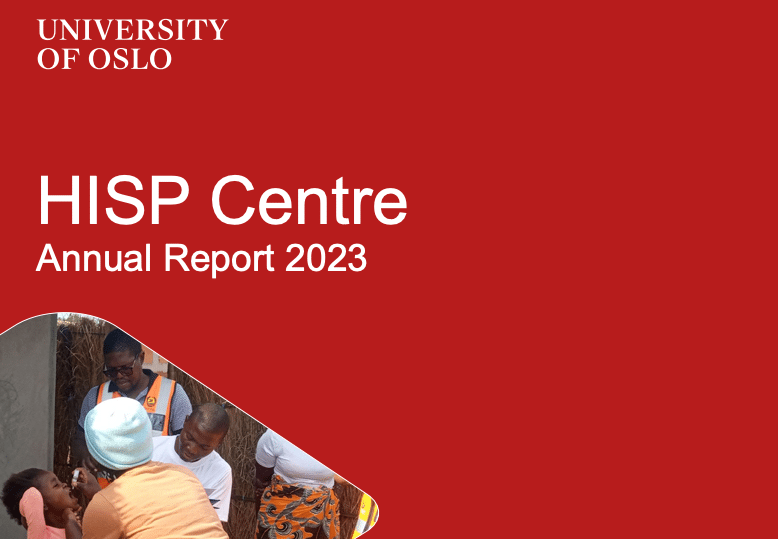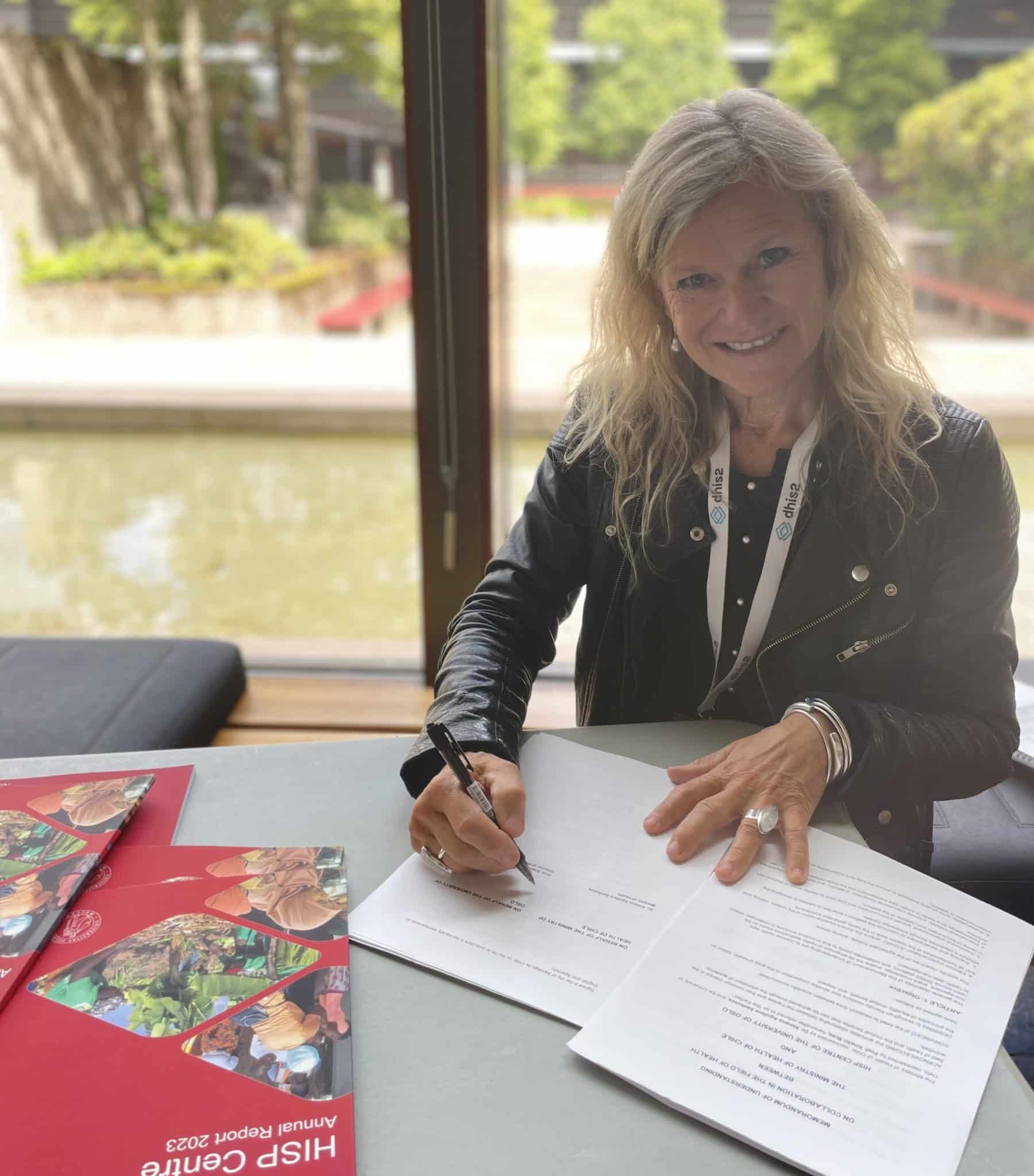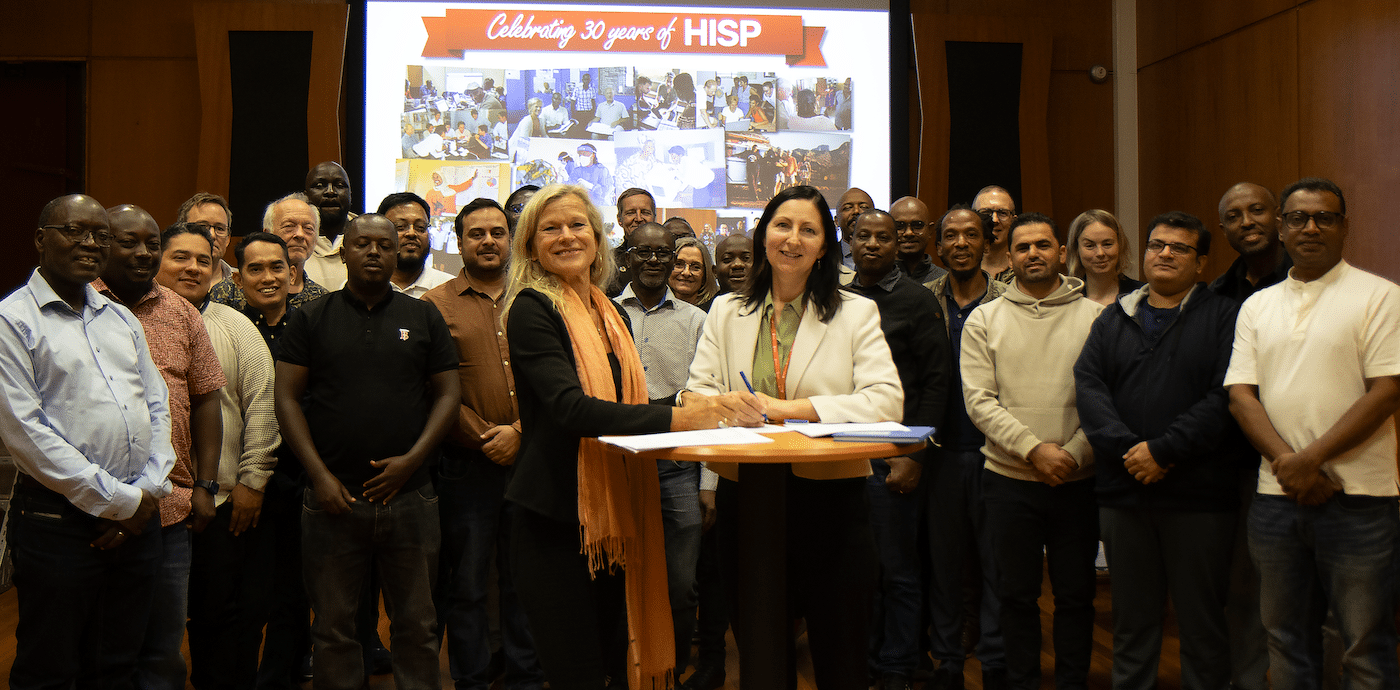HISP-UiO and the CDC begin a 5-year collaboration
The Cooperative Agreement focuses on COVID-19 response, surveillance strengthening and advancing the global health securities agenda
We are excited to announce that the Health Information Systems Programme (HISP) at the University of Oslo has signed a five-year Cooperative Agreement with The Centers for Disease Control and Prevention (CDC) for COVID-19 response, surveillance strengthening & advancing the Global Health Securities Agenda (GHSA).
Under this cooperative agreement, HISP-UiO and CDC focus on certain key areas, including:
- Continued development of DHIS2 health content & metadata for COVID-19 surveillance and response
- Expansion of the DHIS2 health data toolkit and metadata to support mortality surveillance and ILI/SARI/AFI surveillance
- Strengthening linkages between DHIS2 and other data systems and tools, such as integration of laboratory data with routine surveillance systems in DHIS2
- Support for regional disease surveillance platforms
- Core software support for DHIS2 and the DHIS2 Android Capture app to improve functionality for disease surveillance and real-time electronic reporting
- Increasing public health program engagement in surveillance system design, implementation, and data analysis through DHIS2
- Capacity building and training to support national ownership of DHIS2-based surveillance systems
Dr. Carl Kinkade of the CDC discussed this new collaboration during his presentation in the Strengthening Surveillance: COVID-19 & Beyond session at the 2020 DHIS2 Digital Annual Conference. In his remarks, he emphasized the importance of sustainability, saying: “We need to create sustainable systems… COVID-19 is right now. Things will continue to pop up. We shouldn’t just build systems to support the current thing, whatever that is. We support systems to help day-to-day work that enables the saving of lives in each country — that’s our goal. And (to) help our decision makers make good decisions.”
A key element of sustainability is building systems that meet the needs of national health authorities, and that they can take ownership of them. For countries that already have a system in place, this means leveraging existing investments–not just in technology, but also in people. As Dr. Kinkade said: “When you put systems into countries, it’s not just technology. It’s processes, it’s people training, it’s all these things that go into the structure and setup that ultimately make up the system. And that investment is large in human time, and that’s hard to replace. Leveraging those investments, leveraging partnerships, leveraging collaboration are critical to get to a sustainable component of surveillance.”
The cooperative agreement between the CDC and UiO is built around this idea of sustainability, of leveraging and enhancing existing platforms and further building local and regional capacity. This is part of a three-pronged approach, where CDC funds global partners like UiO, HISP groups and other implementing partners to support countries, and countries themselves to help meet their immediate needs. As Dr. Kinkade explained:
“The idea is that CDC and UiO work together on these outcomes that will support the globe. The nice part about this investment… is that by investing in UiO it’s the most bang for the buck… We invest in one place and it gets pushed out globally.”
This work does not begin or end with one pandemic. But COVID-19 has added to the urgency and importance of global collaboration on this and other areas of public health. As a global crisis, it is also an opportunity to move forward on a global and national level toward more robust, standardized, and integrated health information systems that make it easier to collect and analyze data, and help health experts and decision-makers spend less time on reporting and more time implementing activities that save lives.
“If any benefit comes out of COVID-19,” said Dr. Kinkade, “(it is) that we will have strengthened our systems.”


